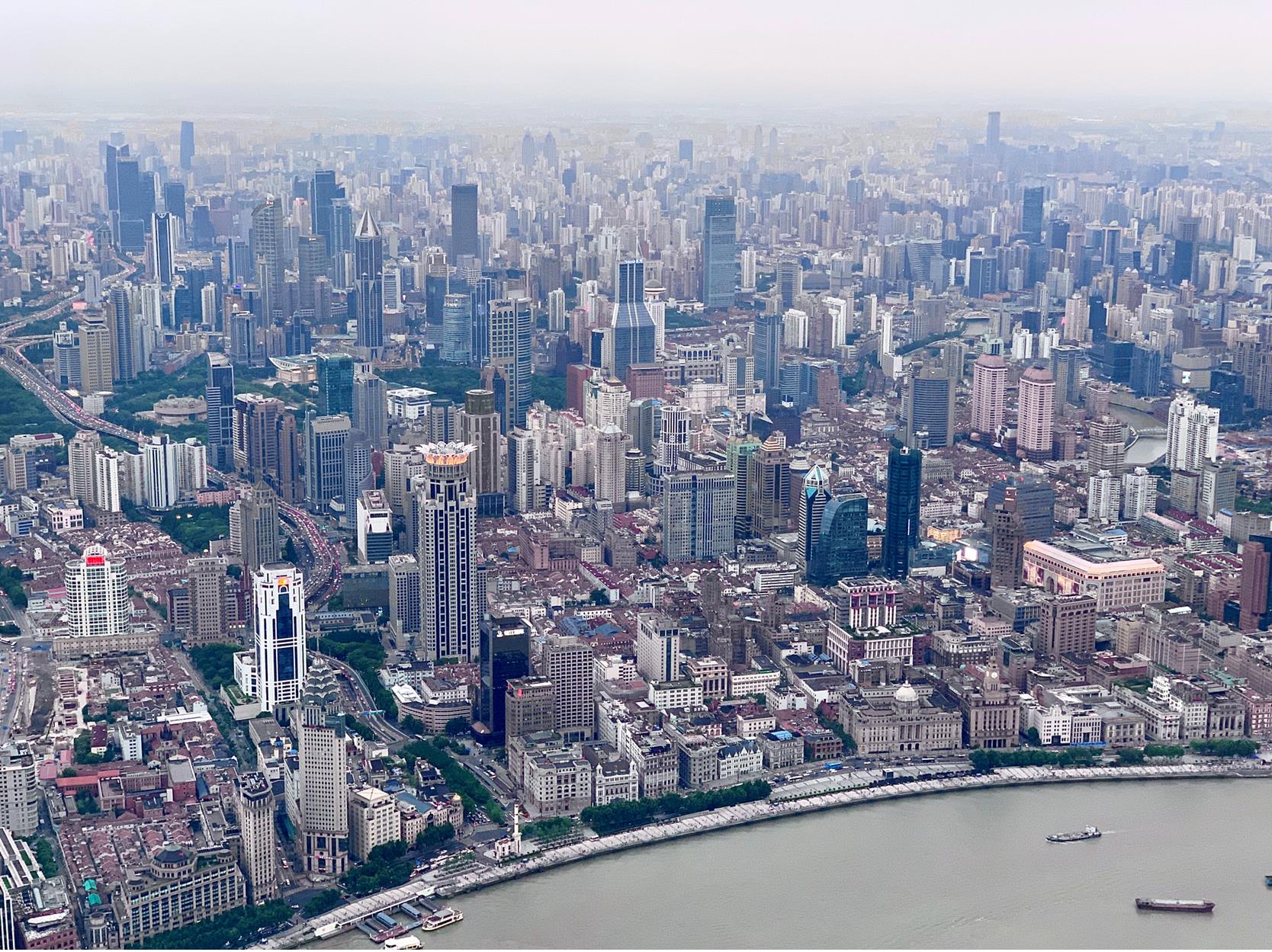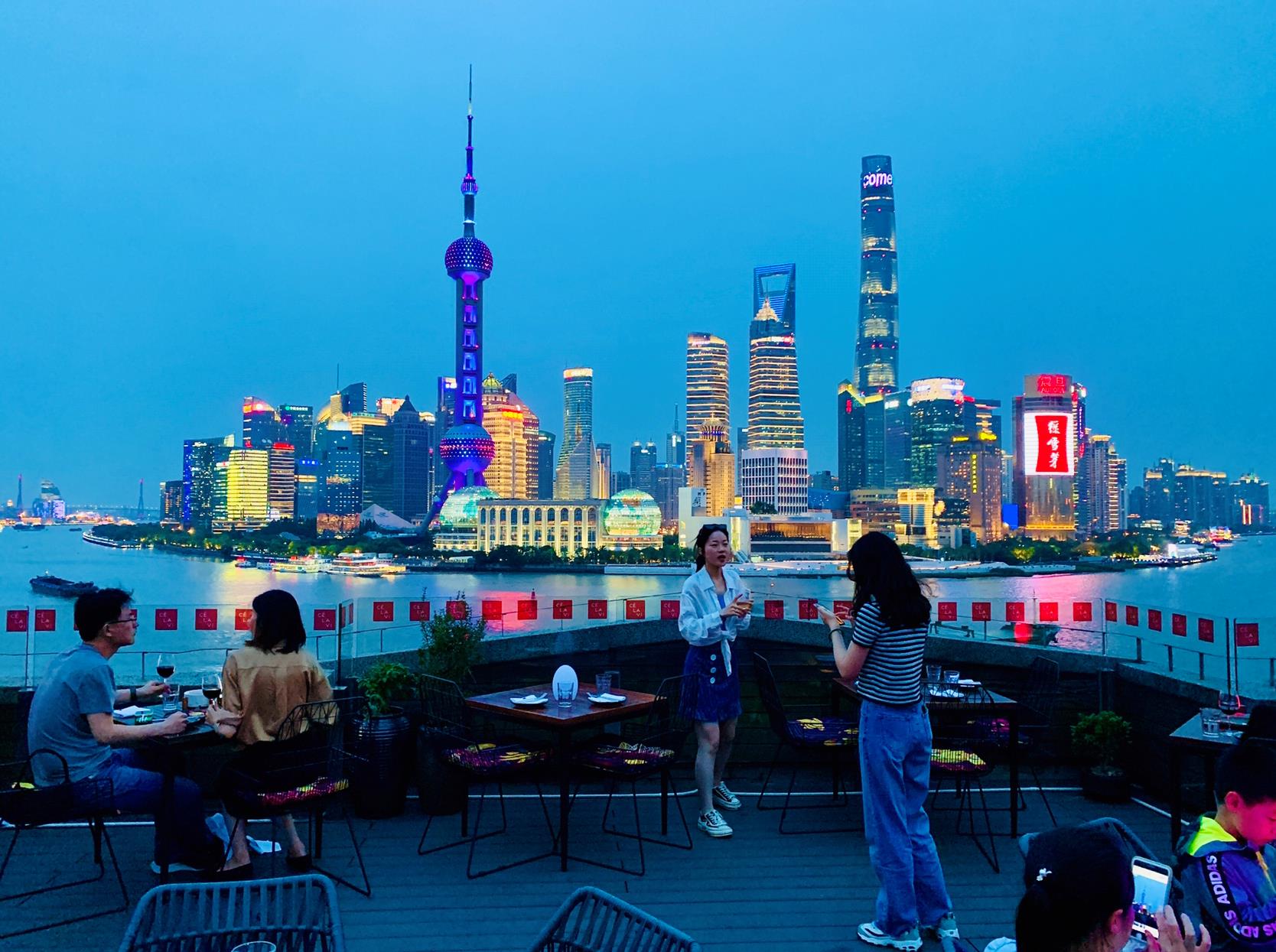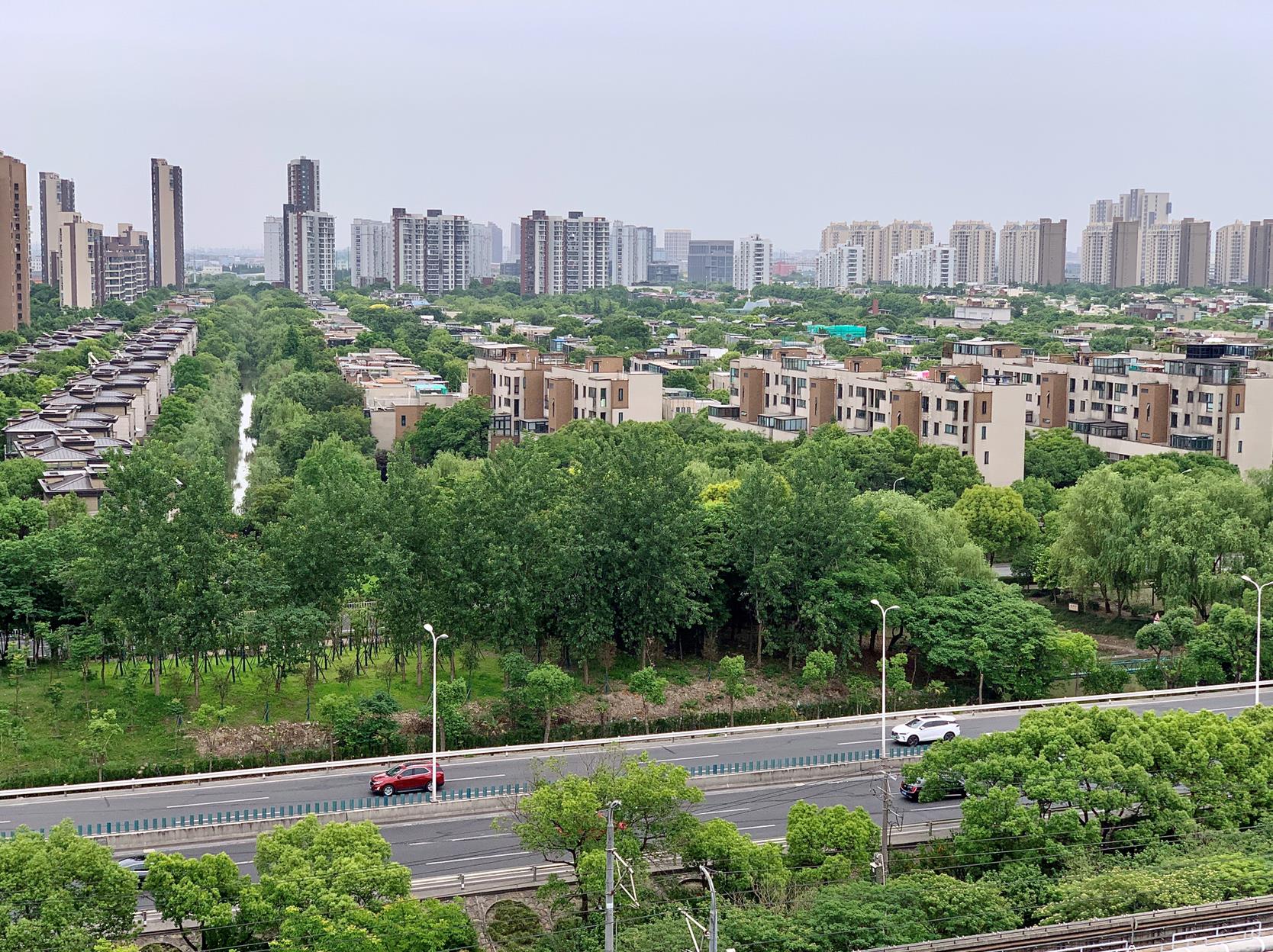
Shanghai battles speculators as home prices surge
(MENAFN- Asia Times) Shanghai's second-hand home prices edged up 9.4% in May year on year, the latest statistical indication that government-imposed curbs on speculative buying have largely failed to deflate the market.
The National Statistics Bureau's (NSB) preliminary data has not released the city's unit price changes for the month but that figure stood at a whopping 69,102 yuan (US$10,671) per square meter in April.
Speculation and profiteering have plagued the city's realty market for years. The Covid-19 pandemic that briefly slowed transactions and price rises in early 2020 was seen by market regulators as a welcome circuit breaker, however brief.
But the influx of cheap money from Beijing's stimulus pandemic-related stimulus measures and now strengthened economic prospects as the virus has been largely kept in check have given the market a new inflationary boost.

Shanghai, China's most populous city, has been grappling with a housing shortage when its bourgeoning economy reels in talent, but also speculators. Photo: Asia Times
In the second half of 2020, when price pressures started to build again, Shanghai regulators mainly sat back and watched as speculators pounced on the limited number of new homes, irrespective of their location and price, and resold them on the secondary market at big premiums above pre-Covid prices.
Regulators have tried to squeeze that speculative froth from the market since the beginning of this year. In February, Shanghai authorities introduced a points-based system that aimed to objectively assess the eligibility of and prioritize genuine, first-time homebuyers.
To qualify, prospective buyers must have Shanghai's household registration, or hukou, work in the city, pay taxes and contribute to social security funds – the more years a buyer works in the city, the higher his or her points for eligibility will be.
A Shanghai resident who does not own any properties will automatically receive 50 points and if he gets married will be awarded an extra 10 points. A high total score guarantees a quota slot and a better chance of winning the right to bid on a home.
Developers must allocate units via an open lottery of all eligible buyers, according to Shanghai's government. Yet speculators reportedly found ways to get around the new rules in short order.
The Economic Observer and other Shanghai newspapers have reported that well-off residents have encouraged their elderly parents or senior relatives who are not property owners to bid for quotas to take advantage of the points-based system designed to benefit seniors and retirees.
The alleged abuse of the system is reportedly rife in the distribution of partially subsidized housing for Shanghai residents, which may be resold on the free market in a few years.

Shanghai's realty market exuberance restarted in the second half of 2020 when business activities started to regain a footing after Covid was brought under control. The city has been leading China's other first-tier urban centers in economic recovery. Photo: Asia Times
Shanghai Mayor Gong Zheng, who likes to note the city's per capita income is the highest in China at 72,000 yuan ($11,150), has insisted that the new rules have successfully rooted out speculation and that the points-based system has benefitted genuine, first-time buyers.
But Shanghai's bid to assign government-mandated price caps on new homes is also under fire as some claim the well-meaning measure is further reducing supply and raising price pressures.
Shanghai's Xinmin Evening News reported that developers of so-called ''trophy properties'' in prime locations have kept their new units off the market in defiance of government price caps, which are usually 20-30% less than prevailing market rates.
Developers must accept these state-imposed caps before the government grants them sale permits.

Townhouses and residential high-rises in Shanghai's suburban Jiading district. In densely populated cities like Shanghai, numerous homes now sit empty as developers oppose government price caps. Photo: Asia Times
One local developer's homes in Shanghai's Songjiang district have sat empty for more than five years after rounds of talks with the government to adjust the price cap upward yielded no result, according to the paper.
In the bustling downtown district of Changning, government price controls stand accused of crimping supply, with only three developers selling homes in the area in the past three years. Other developers have adopted a wait-and-see attitude in a who-blinks-first battle with the government.
Some have raised critical questions about the opaque process of price assessments of new homes, with some claiming there is often a conflict of interest with cadres who have relatives in ''fast lanes'' for homes not yet approved for sale to the public.
As demand continues to outstrip supply, first-time buyers are increasingly left to the speculative-driven, less regulated secondary market where sellers dictate prices that keep going up and up.
Read more: Shenzhen's home prices soaring up and up

Legal Disclaimer:
MENAFN provides the
information “as is” without warranty of any kind. We do not accept
any responsibility or liability for the accuracy, content, images,
videos, licenses, completeness, legality, or reliability of the information
contained in this article. If you have any complaints or copyright
issues related to this article, kindly contact the provider above.

















Comments
No comment